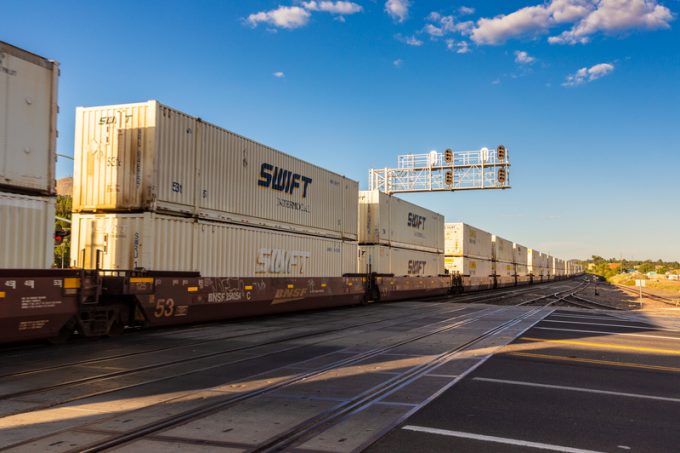Semiconductors could compensate for air freight's lost ecommerce traffic
The future of ecommerce by air may be in doubt – but the semiconductor industry, ...

Some 13 US attorneys general have lent support to mandating train operators to immediately surrender their cargo information to the authorities in the event of a derailment.
The lawmakers signed a letter of support to the Department of Transportation insisting that first responders and agencies be issued with an electronic cargo manifest.
They claim existing laws have “failed… to make this information easily accessible”, or to “ensure the timely exchange of hazardous materials information from railroads to first responders”.
They wrote: “Concerns about ...
'Disastrous' DSV-Schenker merger would 'disrupt European haulage market'
New senior management for DSV as it readies for DB Schenker takeover
Volumes set to 'fall off a cliff' as US firms hit the brakes on sourcing and bookings
Asian exporters scramble for ships and boxes to beat 90-day tariff pause
Amazon pushes into LTL for small package fulfilment and UPS does a u-turn
Temporary tariff relief brings on early transpacific peak season
Pre-tariff rush of goods from US to China sees air rates soar, but not for long
'Tariff madness' will prompt renegotiation of ocean shipping contracts

Comment on this article